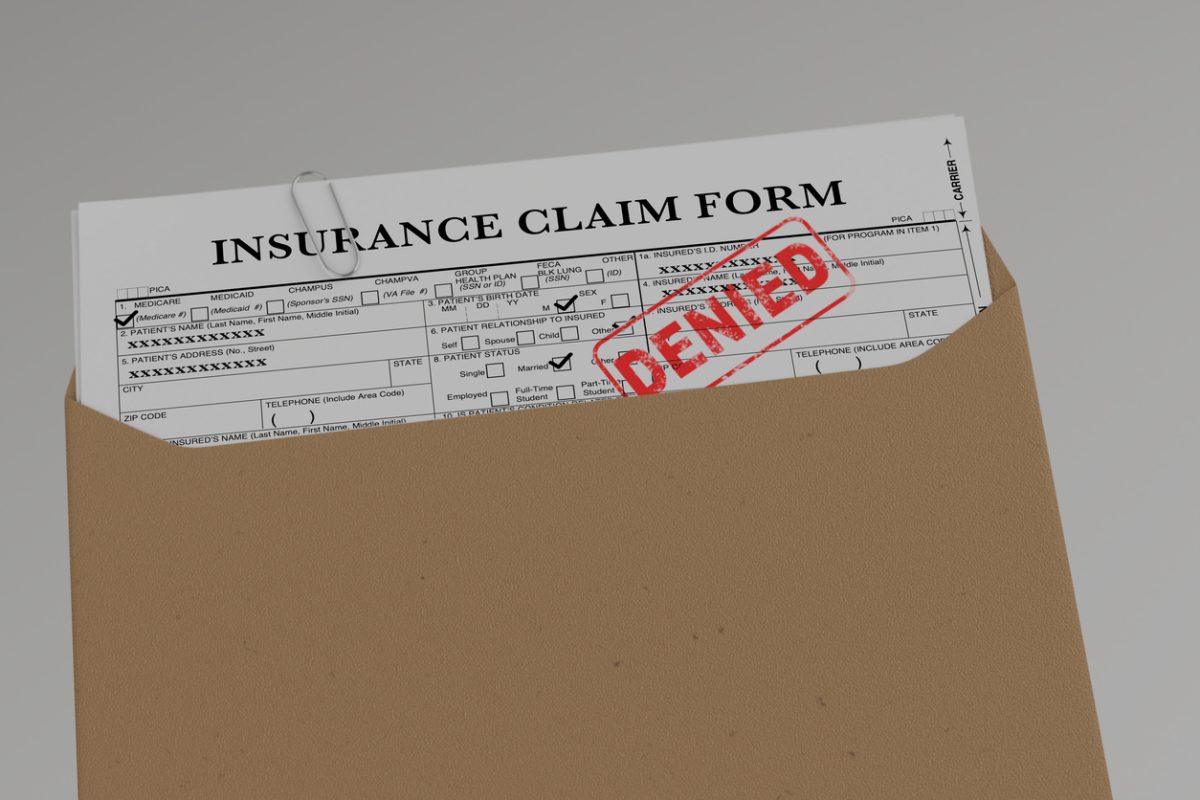In 2025, red light cameras spark controversy in Tennessee like never before—dividing state lawmakers and city leaders over who controls traffic enforcement. What started as a well-intentioned safety initiative has snowballed into a high-stakes battle between municipalities defending local control and a state government intent on reining in what it sees as profit-driven overreach.
With thousands of tickets issued each month and revenue streams flowing through private contracts, the conversation around red light cameras now centers on legality, fairness, and authority. For drivers caught in the middle, the rules vary dramatically depending on where they live or drive.
Why Red Light Cameras Spark Controversy in Tennessee Politics
The core conflict arises from differing priorities: municipalities want tools to combat dangerous driving and fund public safety, while state officials increasingly view red light cameras as inconsistent, unfair, and sometimes unconstitutional.
Cities like Knoxville and Murfreesboro argue that traffic cameras allow them to monitor intersections without stretching already-thin police forces. However, legislators in Nashville believe the current system lacks transparency and proper oversight, especially when private companies profit from each violation.
This tension has become a driving force behind why red light cameras spark controversy in Tennessee today.
State Lawmakers Challenge Local Camera Authority
The Tennessee General Assembly has introduced multiple bills in recent years targeting automated enforcement. Lawmakers have sought to restrict camera use by mandating clearer signage, requiring shorter yellow light cycles, and even proposing a statewide ban on camera-based citations.
These efforts are fueled by a belief that inconsistent enforcement across city lines infringes on equal protection and puts revenue before safety. Many rural representatives argue that their constituents are unfairly penalized when visiting cities with active camera programs.
If you want to understand the legal complexities further, this legal article explaining why red light cameras spark controversy in Tennessee offers a detailed perspective on case law and enforcement issues.
Cities Defend Local Enforcement Rights
Municipalities aren’t backing down. Local officials assert they know their traffic patterns better than state authorities and point to high-crash intersections where red light cameras have reportedly reduced serious accidents.
From their perspective, the state is overstepping by imposing one-size-fits-all policies on unique urban challenges. They argue that the technology allows better resource allocation and deters reckless behavior without requiring police presence at every corner.
For these cities, removing red light cameras isn’t just a traffic issue—it’s a matter of autonomy
Profit Motives: The Third-Party Vendor Debate
What intensifies the scrutiny is the financial structure behind many red light camera programs. Most cities in Tennessee partner with private vendors who supply the technology and share in the ticket revenue. This arrangement has drawn fire from state officials who argue that such deals incentivize excessive ticketing.
Critics say these partnerships create a business model that prioritizes profit over public interest. As a result, state legislators are pushing for audits, transparency laws, and restrictions on how much vendors can earn.
Meanwhile, city officials defend the model as practical—arguing that without vendor support, they couldn’t afford to implement safety technology at all.

Unequal Enforcement Adds to the Confusion
One of the most frustrating issues for Tennessee drivers is the lack of uniformity in enforcement. In some jurisdictions, running a red light triggers an automatic citation mailed days later. In others, the same infraction might be ignored entirely.
This lack of consistency has led to growing concerns over fairness and legality. Drivers often report being unaware of camera zones, especially when traveling across counties. The arbitrary nature of enforcement only fuels public resentment and undermines respect for the law.
Tennessee Courts Are Becoming Key Battlegrounds
The judiciary is increasingly involved as drivers challenge red light camera citations on legal and procedural grounds. Key issues include violations of due process, lack of in-person confrontation, unclear photo evidence, and confusion over liability when someone other than the registered vehicle owner was driving.
Some Tennessee judges have ruled in favor of motorists, setting precedents that further complicate local enforcement. Others have upheld the tickets, reinforcing the divide between judicial districts.
As lawsuits grow, pressure mounts on lawmakers and city officials alike to clarify the rules before the courts do it for them.
Public Backlash and a Push for Greater Transparency
Grassroots movements across Tennessee are calling for a reassessment of red light camera programs. Citizens want independent audits, clear data on safety outcomes, and better notice of camera zones. Many are demanding that revenue from citations be directed into road improvements or driver education programs—not vendor profits or general budgets.
In town halls and on social media, the message is clear: drivers are fed up with what feels like a ticket trap. The lack of consistency, unclear evidence, and opaque finances are turning a safety tool into a symbol of government overreach.
Safety Under Scrutiny: Do Red Light Cameras Actually Work?
While red light cameras are credited with reducing certain types of accidents—like T-bone collisions—some studies show an increase in rear-end crashes at camera-equipped intersections. Drivers often slam on the brakes to avoid a citation, leading to unintended consequences.
The National Highway Traffic Safety Administration (NHTSA) highlights the dangers of red-light running but stresses the importance of engineering, signage, and timing adjustments as complementary solutions.
Without full transparency and peer-reviewed studies from Tennessee agencies, many residents remain skeptical of claimed safety improvements.

Weather and Intersection Cameras: A Dangerous Mix
Another issue gaining attention is how red light cameras perform during adverse weather. Rain, fog, or ice can obscure visibility, delay reactions, and make sudden stops dangerous—especially at intersections monitored by cameras. In these conditions, the chance of a citation may actually discourage drivers from making safer, more cautious decisions.
For those involved in weather-related crashes at intersections, it’s crucial to understand your rights. This guide on what to do legally after a weather-related car accident can help drivers navigate post-accident steps and liability concerns.
What’s Next? The Future of Automated Traffic Enforcement in Tennessee
Looking ahead, Tennessee faces a defining moment in traffic policy. As red light cameras spark controversy in Tennessee, both the state and its cities must find common ground. Public demand for fairness, transparency, and safety is clear—but so is the need for reliable, enforceable traffic rules.
Whether through legislative reform, court decisions, or ballot initiatives, the way Tennessee handles red light enforcement will likely change. The only question is: will the solution come from top-down legislation, local compromise, or pressure from the voters themselves?

















